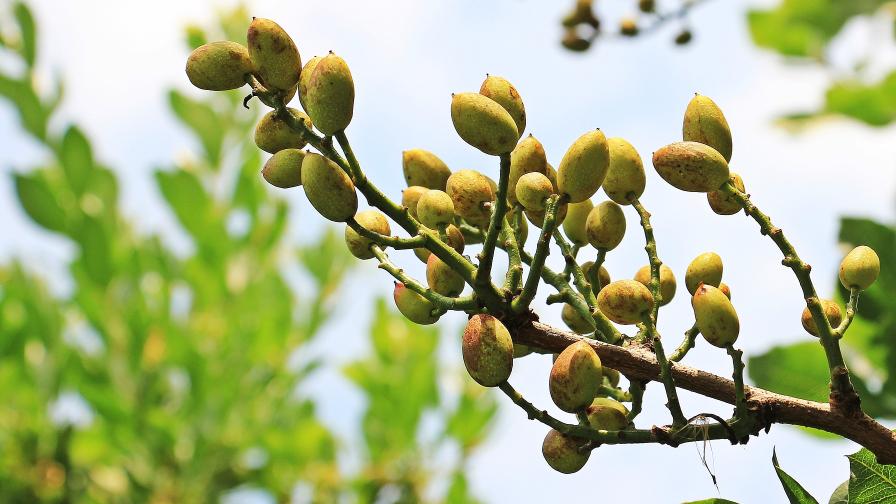Opinion: Reap The Benefits Of High Tunnels
The Farm Bill was signed into law a little more than two months ago. Never mind that it took forever to get through Congress. (That’s a topic for another column.) The bottom line is the new five-year Farm Bill provides a significant amount of support for fruit and vegetable growers.
For starters, it offers nearly $4 billion in funding for programs that benefit specialty crop production, including fresh produce. The policies and funding amounts in the bill focus on specialty crop priorities for pest and disease management, block grants, research, nutrition, and trade. According to United Fresh, the federal commitment to specialty crop needs included in the bill is unprecedented and builds on the momentum begun under the 2008 Farm Bill. (To read more on Farm Bill funding highlights from United Fresh, go to http://bit.ly/1eEYg7i.)
One point of interest is that funds will continue to be available for high tunnel production as the current law follows what was started in the 2008 Farm Bill.
Why am I focusing on high tunnels? The simple answer is high tunnels provide growers from Alaska to those in urban Detroit with an opportunity to produce locally grown, nutritious food to sell at farmers markets, through Community Supported Agriculture programs, and more. To fill this niche market, you don’t need a lot of land to grow in tunnels, either.
In the future, more growers can reap the benefits of high tunnels. Case in point: About a week after the Farm Bill was signed, Michigan Senator Debbie Stabenow, chairwoman of the Senate Committee on Agriculture, Nutrition and Forestry, joined folks from USDA’s Natural Resources Conservation Service (NRCS) and urban growers at the Detroit Eastern Market to announce $150,000 in financial assistance for growers to construct seasonal high tunnels in urban areas. The assistance comes from the Environmental Quality Incentives Program (EQIP), which is a voluntary program that helps growers use conservation practices.
Have you thought about using high tunnels to conserve resources or get a jump on the growing season but didn’t know how to get started? The first thing to do is contact your local NRCS office. For more information, visit http://1.usa.gov/1dTjUjk.












